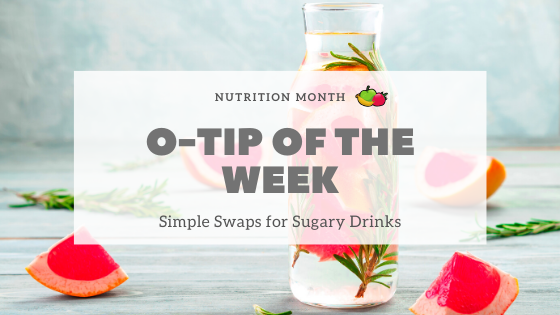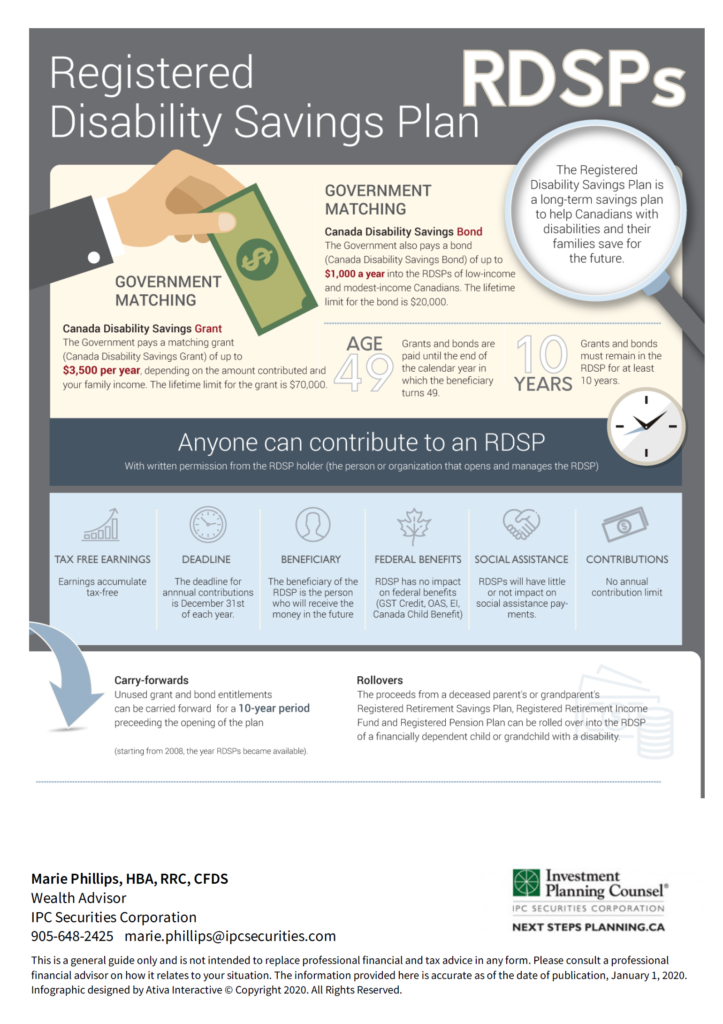COVID-19 has had an impact on us all. The Solutions For Living, FunctionAbility and Social Work Consulting Group Team discuss how to keep functioning during the COVID crisis. Strategies and discussion include working from home, setting up routines and handling issues when meeting online.
Visit our YouTube page to learn more in our Coping with Covid series.
About the Experts:
Brenda Power Ahmad, BSc (OT), BSc (Hons Psych), OT Reg. (Ont.), – Brenda is a member in good standing of the College of Occupational Therapists of Ontario (COTO) and the Canadian Association of Occupational Therapists (CAOT). She obtained a Bachelor’s of Science degree in 1999 in Occupational Therapy from Dalhousie University and a Bachelor’s of Science (Honors) degree in Psychology in 1996 from Memorial University of Newfoundland. Brenda also completed post-secondary education in the fields of Criminology and Linguistics. Brenda has been practicing occupational therapy since 1999 in the provinces of Newfoundland and Labrador, and Ontario. She has extensive experience working with people of all ages with a variety of developmental and physical disabilities and works mainly with clients who have complex orthopedic, psychological and brain injuries. Brenda is trained in administration of the AMPS and the PGAP program and is a Canadian Certified Canadian Life Care Planner. She has completed additional training in catastrophic assessment through the Canadian Society of Medical Evaluators and has successfully completed the C-CAT Certification exam. Brenda sits on the Board of Directors for the Hamilton Brain Injury Association and assists in the running of their Annual 5k By the Bay fundraiser. As Vice President of Clinical and Community Partnerships in one the largest rehabilitation firms in Ontario, Brenda is responsible for training and mentoring other therapists and also leads the Catastrophic Assessment (CAT) program at FunctionAbility. Brenda maintains an active social media presence and co-hosts an educational video series called OT-V which aims at educating the public about the various roles of her profession.
Leanne Shapiro is a speech-language pathologist (S-LP) – Leanne is registered with the College of Speech-Language Pathologists and Audiologists (CASLPO). She currently holds the title of Director of Speech-Language Pathology Services at FunctionAbility Rehabilitation Services. She mentors Speech-Language Pathologists in the practice and oversees quality assurance initiatives. As well, she continues to assess and treat clients. Her current clinical case load consists of individuals who have speech, language, fluency, swallowing, and cognitive-communication deficits. She works with clients and families to facilitate functional independence.
Lynne Harford, BA, MSW, RSW, D.VATI – Lynne is a Registered Social Worker, Director of Pediatrics and a Clinical Supervisor with The Social Work Consulting Group. She obtained a Master of Social Work degree from the University of Toronto and a Bachelor of Arts degree in Sociology from Glendon College-York University. Prior to her university studies, Lynne pursued a career in business and received a Marketing Administration Diploma from Seneca College of Applied Arts and Technology. In 2013, Lynne achieved her designation of Art Therapist graduating with an advanced diploma in Art Therapy from the Vancouver Art Therapy Institute.
Lynne has had an extensive work history in both the private and public sectors. Prior to joining The Social Work Consulting Group in 2008, she was employed at The Hospital for Sick Children (SickKids) where she spent five years providing clinical social work services to children and their families in the Trauma Program. Throughout her career, Lynne has been an active member in the larger community participating in various committees as well as presenting at a number of community based, insurance and legal conferences. Other areas of specialization in which Lynne has focused and devoted her practice to include, acquired brain injury in children and youth, acute and chronic illness, domestic violence, separation/divorce and issues related to grief and loss. Lynne is both a therapist and advocate who is committed to enriching the lives of children and adults in the aftermath of physical and emotional trauma.











